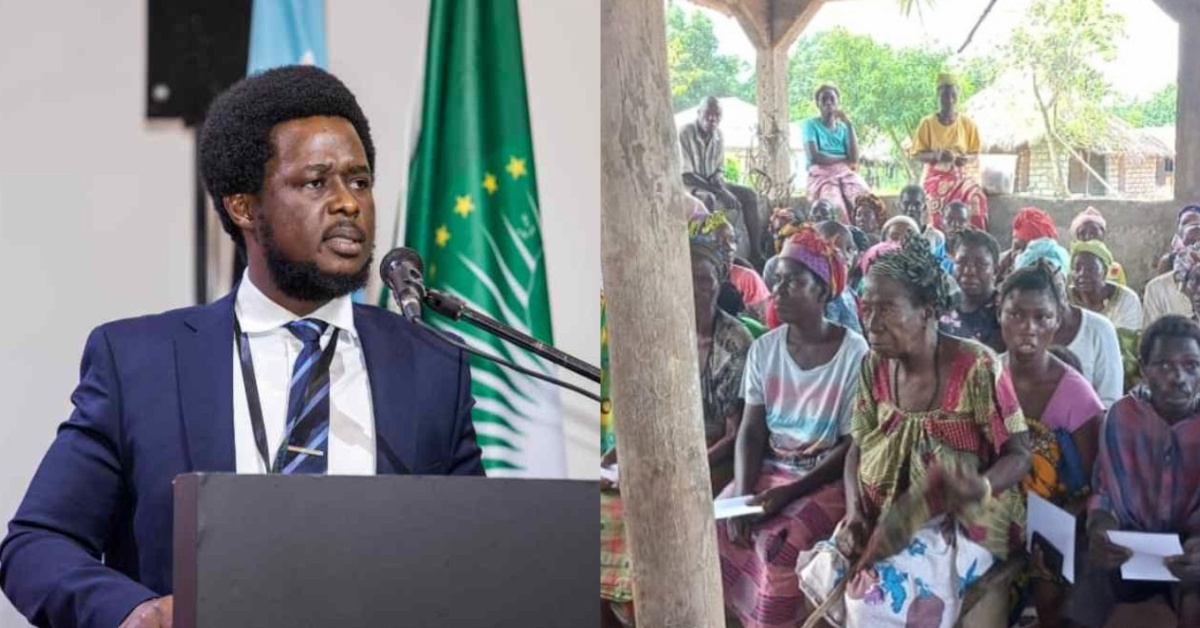The Anti-Corruption Commission (ACC) has joined forces with the World Bank and UNICEF to launch an intensified sensitization campaign in the Southern Region.
The campaign aims to educate the public about the Grievance Redress component in the Social Safety Net (SSN) project, which is being implemented by the National Commission for Social Action (NaCSA).
The campaign kicked off with a series of Town Hall sensitization meetings in Ngokoma Village, Fogbo section, Kori chiefdom, located in Moyamba district. The meetings attracted more than 150 individuals, including SSN beneficiaries, members of the Community Identification Committee (CIC), community stakeholders, youth, women, and nurses.
The primary objective of the meetings was to inform participants about the various components of the SSN project and the upcoming transition from SSN to the Productive Social Safety Net and Youth Empowerment (PSSNYE) program. Both programs will receive funding from the World Bank and the Government of Sierra Leone.
Patrick Sandi, the Director of Public Education and External Outreach at the ACC, expressed gratitude to the government, the World Bank, and other stakeholders for their support in providing cash assistance through the SSN project. He also highlighted the role of NaCSA, UNICEF, Rokel Commercial Bank, and particularly the ACC in ensuring transparency, openness, and accountability in the cash transfer process and education initiatives.
Director Sandi emphasized the ACC’s ongoing interventions in the project, which have fostered donor confidence and trust that the funds will reach the intended beneficiaries. He also reassured participants that appropriate action would be taken if any violations of the Anti-Corruption Act 2008 (as amended in 2019) were identified.
Furthermore, Director Sandi encouraged beneficiaries to manage the funds judiciously for the betterment of their households, as well as to transform their lives and improve their livelihoods.
During the meeting, Director Sandi provided an overview of the ACC’s achievements in the fight against corruption under the New Direction administration of His Excellency, Brig (Rtd.) Dr. Julius Maada Bio. He mentioned the recovery of over Forty-Five Billion (Old) Leones in cash from corrupt individuals and institutions, in addition to seized houses, office equipment, and vehicles.
Mr. Sandi also highlighted the ACC’s progress in local and international corruption perception indexes, such as the Afro-Barometer and the Global Corruption Index, released by Transparency International. He mentioned the positive scores on the Millennium Challenge Corporation (MCC) Scorecard and the National Corruption Perception Survey Report by the Public Financial Management (PFM) Consortium.
Director Sandi informed the audience about the ACC’s comprehensive reviews of Ministries, Departments, and Agencies (MDAs), the high conviction rate of over 90%, the establishment and functionality of the Special Anti-Corruption Division within the High Court of Sierra Leone, and the presence of Integrity Management Committees in all MDAs.
Margaret Jones, Senior Communications Officer, spoke on behalf of the SSN beneficiaries. She explained that the direct cash payments provided through the SSN project were intended to address pressing needs related to food, nutrition, health, and self-sufficiency within households. Jones shared success stories of individuals who had wisely utilized the funds and emphasized their role as role models for the project.
Jones further emphasized that the PSSNYE program would expand the SSN, welcoming more people on board, including youth groups and vulnerable populations, particularly persons with disabilities.
Jonathan Bassie, District Monitor in Moyamba, delivered a presentation on how to report suspected incidents of corruption. He stressed the civic responsibility of all individuals to report such instances.



 Post a comment
Post a comment









Comment(s)
Disclaimer: Comments expressed here do not reflect the opinions of Sierraloaded or any employee thereof.
Be the first to comment